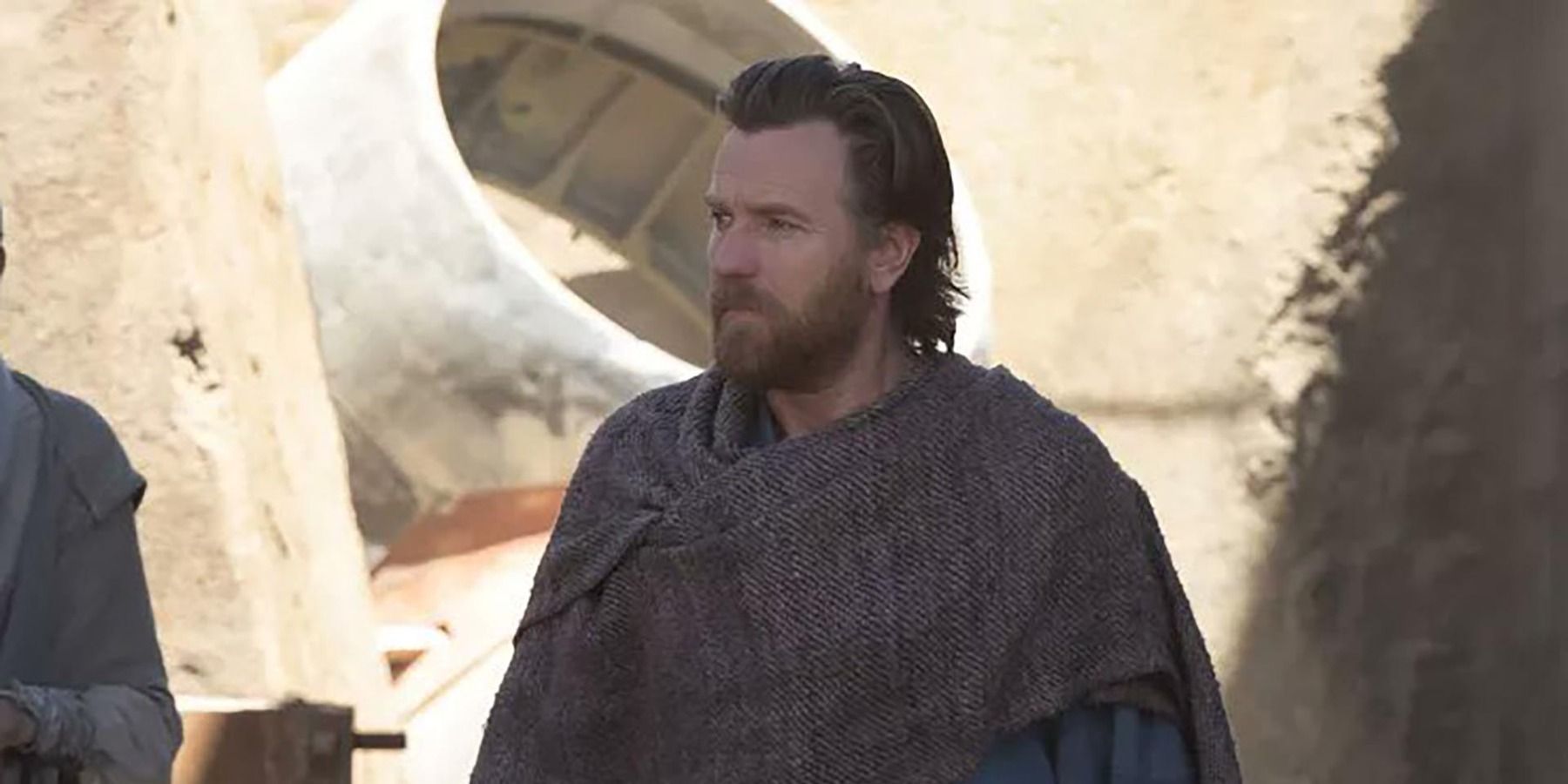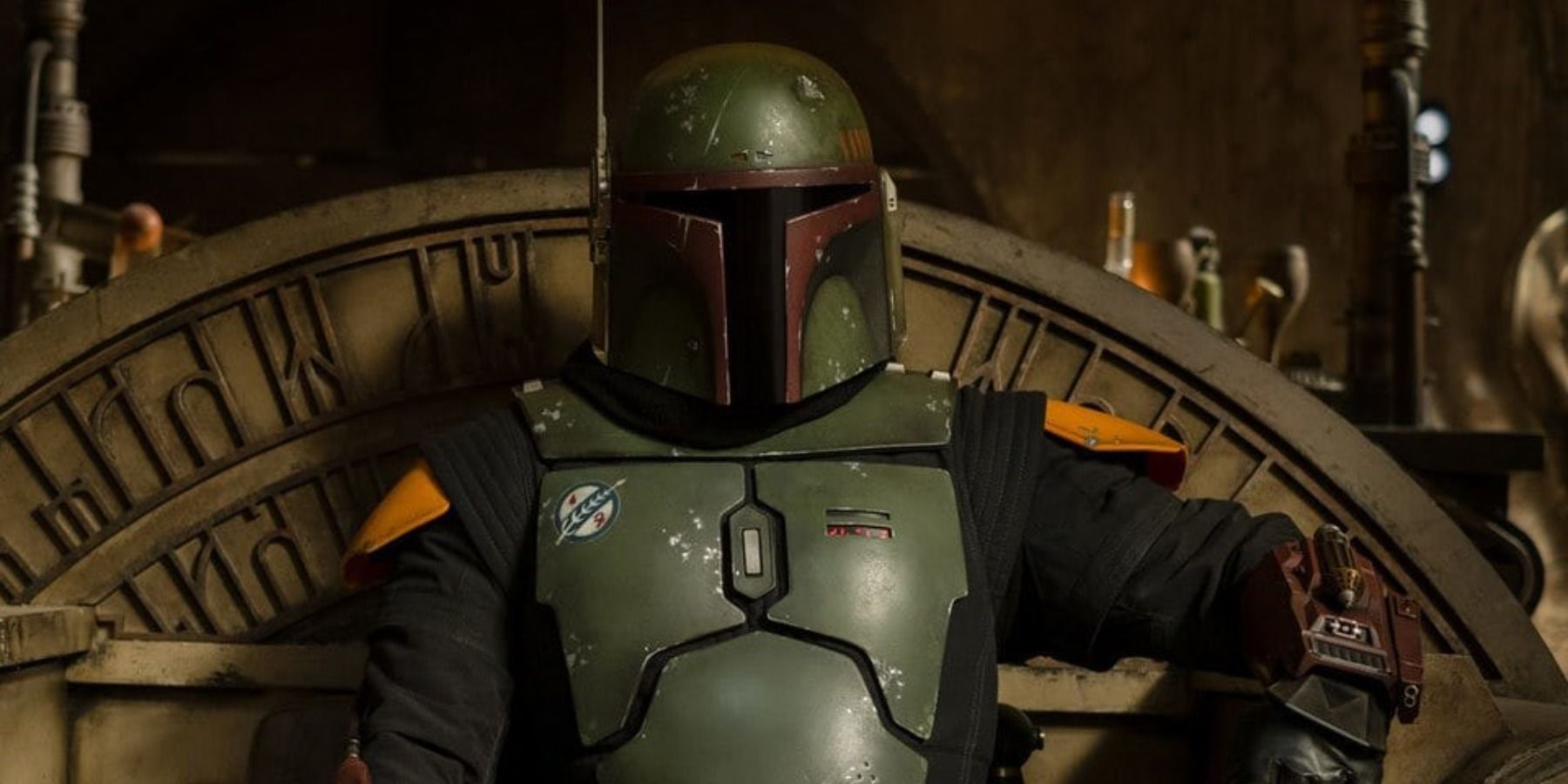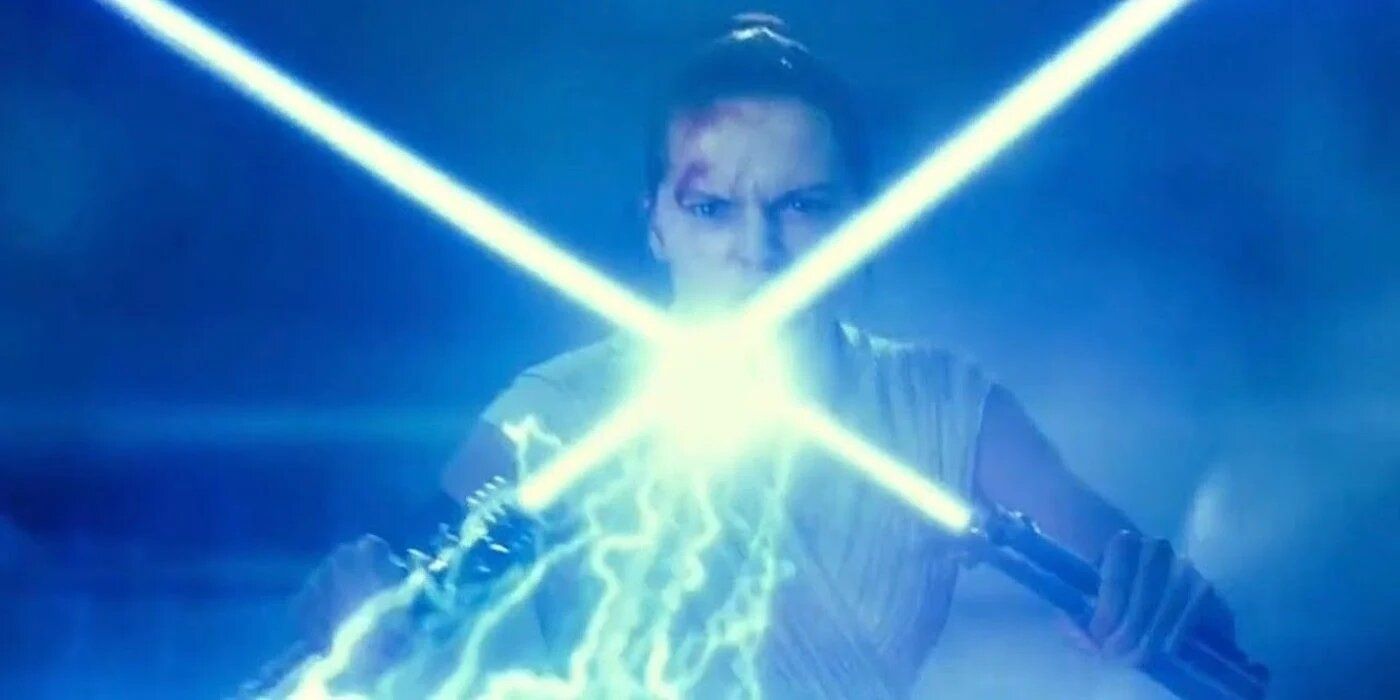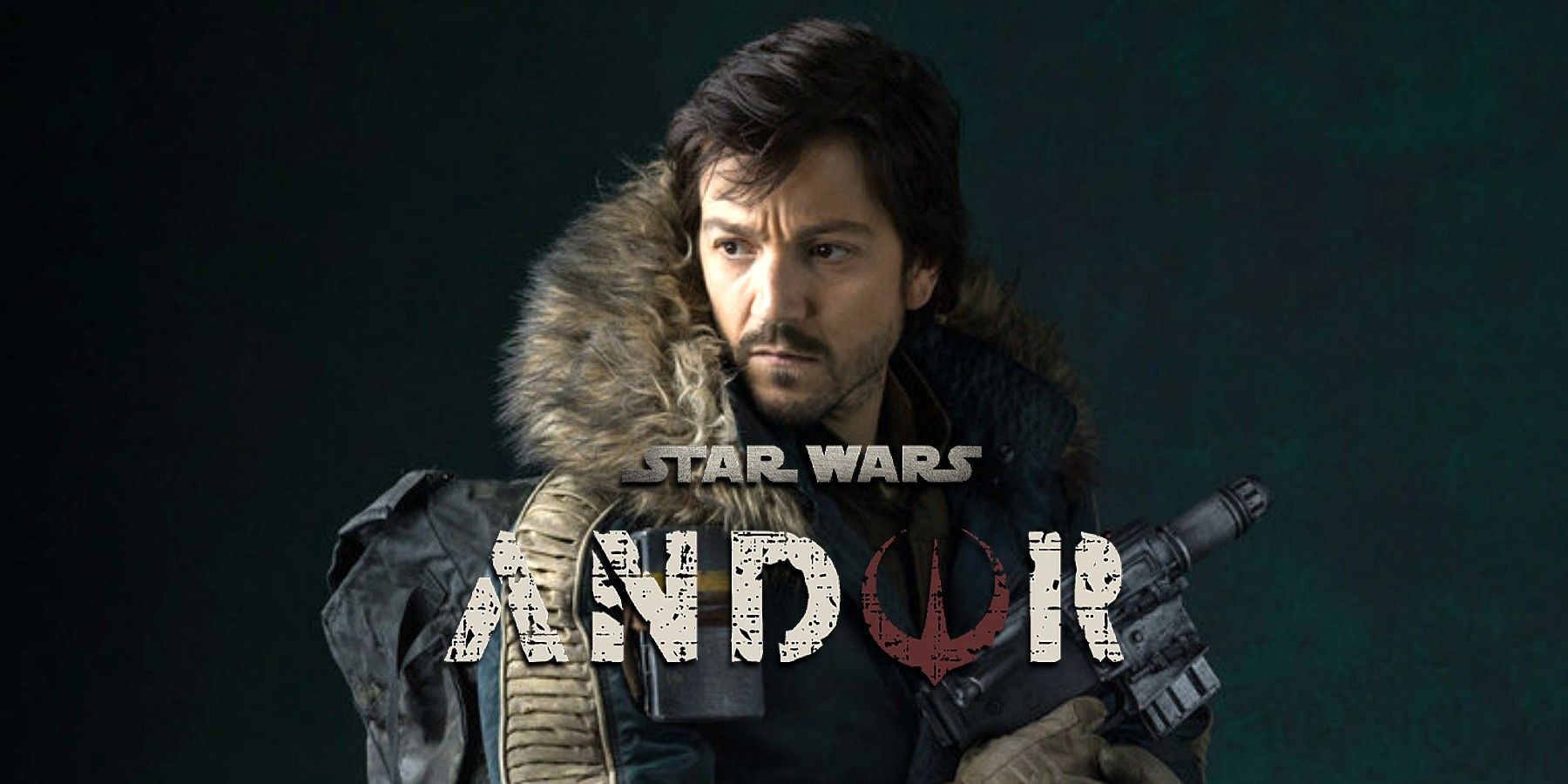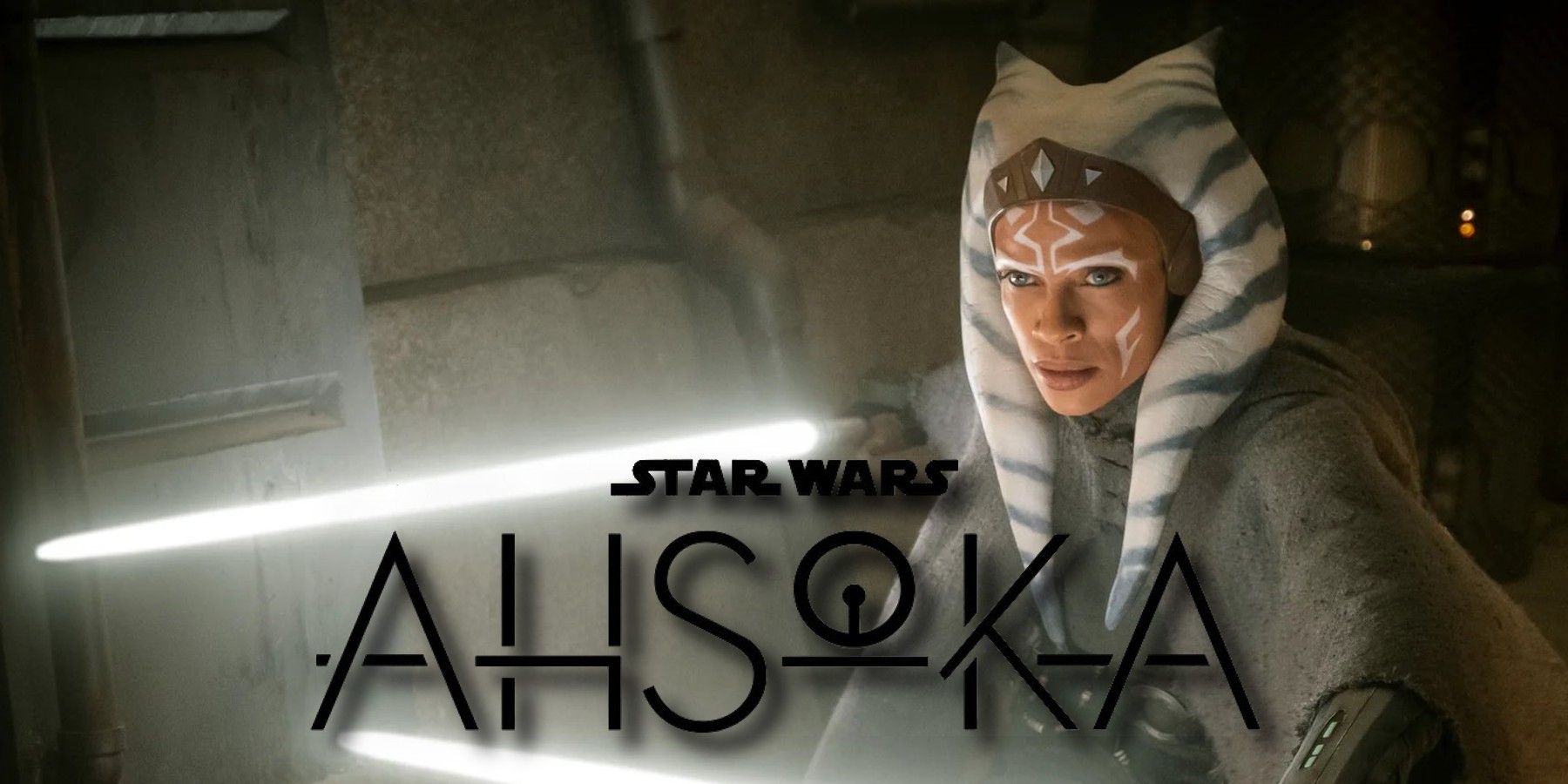One of the governing rule in economics is the scarcity principle. This idea roughly dictates that when there’s a limited supply of something, coupled with high demand for said asset, then the value of the former should rise to represent that mismatch. Extrapolating that premise to Star Wars, Disney is clearly struggling to balance the force in terms of how much Star Wars content it should make.
George Lucas’ tenure over the handling of his brainchild made Star Wars scarce. It turned one of the most iconic and successful movie franchises ever into a generational affair as millennials grew up watching the older films that were so beloved to their Baby Boomer parents or the Generation X that actually grew up with them. When The Phantom Menace came out in 1999, the new generation had only felt part of the cinematic legend that Star Wars was. Sure, they might have seen it, but the actual premiere of a blockbuster film was new. However, thanks to Disney, that feeling is likely something no future generation will ever experience.
Too Much Of A Good Thing
For the 16 years that passed between Return of the Jedi and Episode I, fans craving for more Star Wars after Revenge of the Sith sure got what they wanted once Disney bought the franchise from its creator. It took the Mickey Mouse company very little to get the wheels turning and release The Force Awakens in 2015. The film was liked well enough by the fandom and overall widespread audiences, yet it would kickstart a tumultuous chapter in the franchise’s history.
Perhaps the main problem in the Disney era is the company’s unrelenting desire to continue churning out as much Star Wars as it can handle. It's less concerned with the kind of quality filter fans had come to expect from Lucas' solo work. Five Star Wars films, plus a quick glance at most movie review sites, reveal — at the very least — two largely unpopular movies in Solo: A Star Wars Story and Rise of Skywalker, with the latter adding insult to injury as the anticlimactic closure of the Sequel Trilogy.
To make matters worse, the momentum captured by the critical success of The Mandalorian and massive popularity in its two-season also took a hit with the release of The Book of Boba Fett. The latter show's glaring issues make many viewers wonder if it actually has enough merits existing by itself, especially when not even Din Djarin could save the solo bounty hunter.
Obi-Wan Kenobi is off to a similarly rocky start, with Rotten Tomatoes’ audience score hitting lows as putrid as 55% this past week before recovering to the low 60s. While shooting in the 50-60% range is impressive enough for NBA stars, it does seem like a rather low number for Star Wars. The truth is that by now, Star Wars too is suffering from inflation. Every new production risks Disney diluting the value of what’s supposed to be their most prized asset.
What The Future Holds For Star Wars
The simple answer, really, is a lot of Star Wars. Disney Plus’ pipeline looks especially crowded, with as many as five new shows joining The Mandalorian and the well-reviewed The Bad Batch over the next couple of years. Among projects like Andor, Ahsoka, The Acolyte, Lando and Rangers of the New Republic, at least three of those feature beloved Star Wars characters. However, as this year showed, it takes more than the legendary Boba Fett to make a spinoff work. Not even Temuera Morrison is charismatic enough to carry his own show effortlessly, so why should Ahsoka Tano be able to?
In all fairness, Disney didn’t buy Star Wars to keep the franchise dormant, but with that initial investment having paid off handsomely, perhaps a little restraint is in order. There is such thing as saturating the market. While a man like George R.R. Martin is right to criticize toxic fans that just want to hate on something, the truth is the author knows a thing or two about taking his time to perfect a story. After all, three years did go by before House of the Dragon ushered the return of A Song of Ice and Fire.
Ironically, the contrast between Disney’s approach when it comes to series and movies could not be more different from what has happened on the video game front. Consider LucasArts' closure in 2013, which with the cautionary approach that it was all meant to “Minimize the company's risk while achieving a broad portfolio of quality Star Wars games.” The statement does beg the question whether same broad portfolio of Star Wars shows helps or hinders the potential of future films, because with the way things are going, it would appear to be the latter.
The Prequel Trilogy has been getting some love lately, and though that may partly be the gaze of rose-tinted glasses, the fact is that for all their faults, George Lucas got to make the Star Wars movies he wanted to make to finish the other end of the story all on his own terms. The likes of Taika Waititi and Patty Jenkins deserve the same: to make great Star Wars films they want to make, without all the noise coming from Disney Plus' "content" muddling the main events taking place in the far-away galaxy's future.

